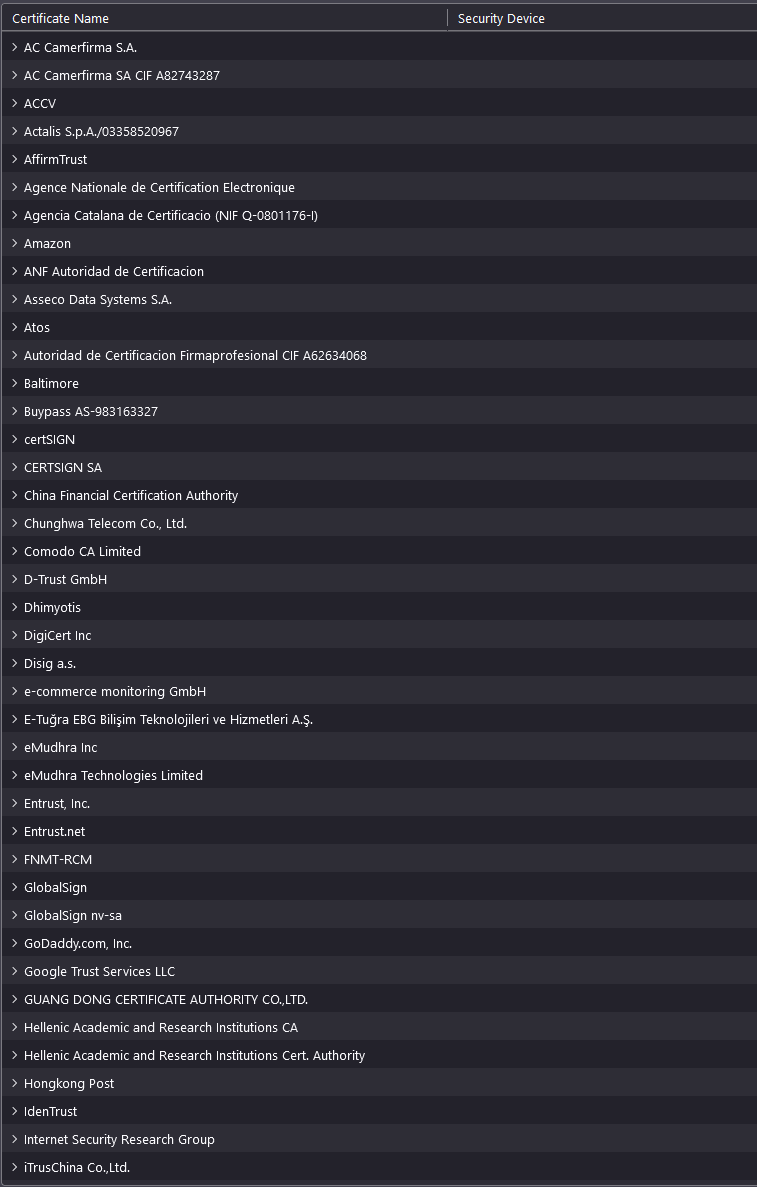Security
1232 readers
1 users here now
A community for discussion about cybersecurity, hacking, cybersecurity news, exploits, bounties etc.
Rules :
- All instance-wide rules apply.
- Keep it totally legal.
- Remember the human, be civil.
- Be helpful, don't be rude.
Icon base by Delapouite under CC BY 3.0 with modifications to add a gradient
founded 2 years ago
MODERATORS
51
26
52
5
Mitigating attacks based on knowing the length of a Windows Hello PIN - The Old New Thing
(devblogs.microsoft.com)
53
54
55
4
Ivanti Connect Secure Under Attack: Uncovering Five Exploitable CVEs - XXE
(blog.securelayer7.net)
56
57
58
59
60
61
62
63
64
65
66
67
68
69
70
71
72
73
74
75
